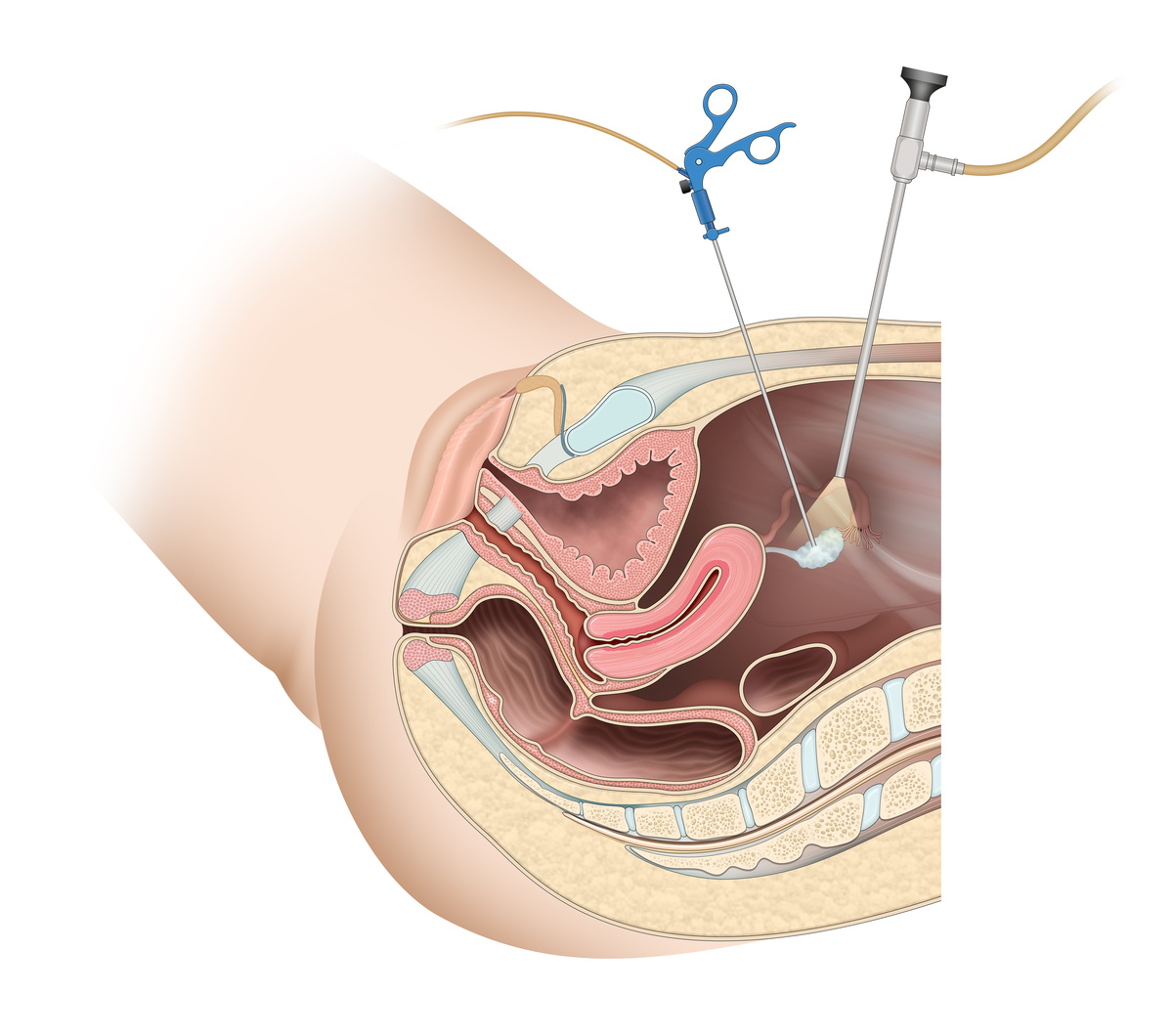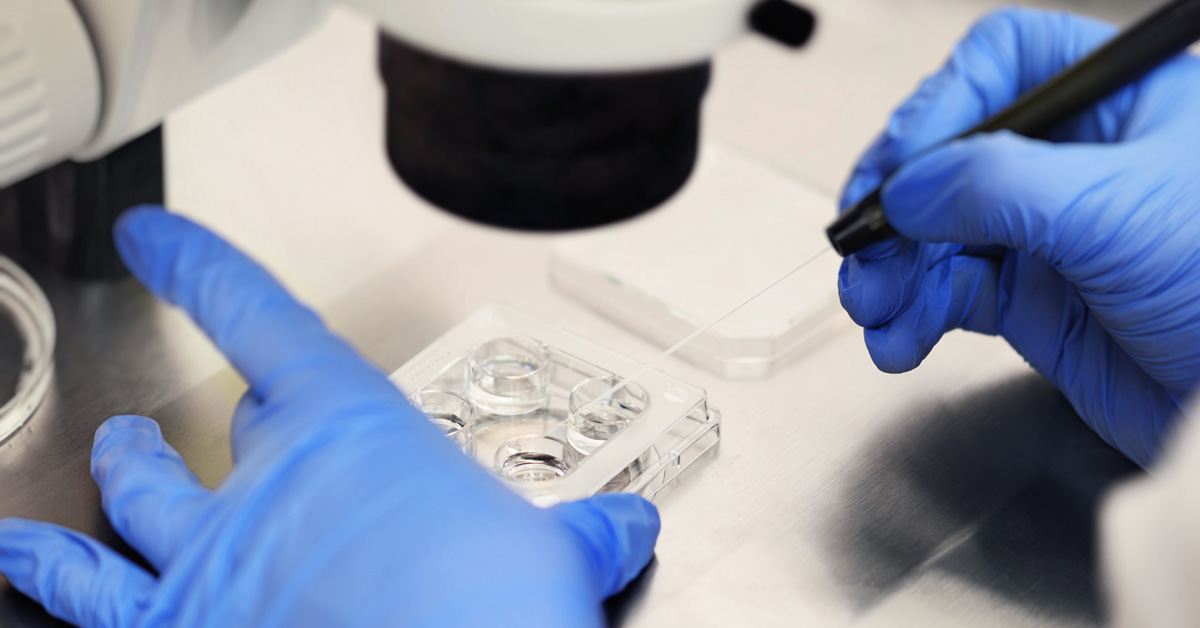What Is The Karyotype Examination For?
The Karyotype Examination is a chromosomal analysis that serves to identify changes in the number or structure of a person’s chromosomes. It is performed by collecting a sample of cells, usually through blood, and subsequently viewing the chromosomes under a microscope.
This exam is important for diagnosing several genetic diseases, such as Down syndrome, Turner syndrome, and Klinefelter syndrome. It can also be used to identify chromosomal changes in fetuses during pregnancy, helping to predict possible health problems after birth.
Furthermore, the karyotype can also be used for forensic purposes, such as identifying individuals through DNA analysis.
When is it necessary to take the Karyotype Test?
The karyotype test is indicated in several clinical situations, such as:
Assessment of delays in neuropsychomotor development, growth delays, mental retardation, intellectual disabilities, among other symptoms that may be related to genetic changes.
Suspicion of genetic syndromes, such as Down syndrome, Turner syndrome, Klinefelter syndrome, Edwards syndrome, and Patau syndrome, among others.
Infertility assessment to identify chromosomal changes that may be related to the cause of the problem.
Analysis of fetal anomalies during pregnancy to detect possible chromosomal abnormalities that may be associated with fetal health problems.
Investigation of repeat miscarriages to identify chromosomal changes that may be related to the cause of the problem.
Assessment of tumors, to detect possible chromosomal changes that may be associated with tumor development.
The karyotype examination can be carried out at any age and in both sexes. However, it is important to emphasize that the doctor must request the test based on clinical suspicion.
What to do if the karyotype test changes?
If the results of the karyotype examination change, it is important that the patient be monitored by a geneticist who can interpret the results and explain the possible clinical implications.
Treatment or follow-up will depend on the type and severity of the chromosomal change identified. In some cases, a more detailed evaluation may be necessary, such as carrying out other genetic tests to define the diagnosis and guide treatment.
The patient and family must receive information and guidance about the genetic implications of the chromosomal alteration and the possibility of recurrence in other pregnancies. In some cases, genetic counseling may be indicated to understand risks and treatment and prevention options.
It is important to remember that each case is unique, and treatment and follow-up will depend on individualized clinical assessment and guidance from a genetics specialist.
What is genetic counseling?
Genetic counseling is a process by which a genetics professional, usually a clinical geneticist, provides information, advice, and support to individuals or families who have or are at risk for a genetic condition.
Genetic counseling can involve different steps depending on the needs and concerns of the individuals or families involved. Among the steps that can be included are:
- Collecting detailed medical and family information to assess the risk of a genetic condition.
- Carrying out genetic tests, such as karyotype examination, to identify chromosomal changes or specific genetic mutations.
- Communication of genetic test results and guidance on possible clinical implications.
- Advice on treatment, management, or prevention options based on test results and individual needs.
- Emotional and psychological support to help individuals or families cope with the genetic condition and its impacts on everyday life.
- Advice on ethical, legal, and social issues related to the genetic condition.
Genetic counseling is indicated in various clinical situations, such as the risk of having or transmitting a genetic condition, high-risk pregnancy, and a family history of genetic diseases. The primary goal is to provide accurate, individualized information so that individuals or families can make informed decisions about their health and well-being.
When to seek medical help?
If you have any concerns related to genetics or health, it is important to seek guidance from a specialized professional for an individualized assessment and personalized advice.
Do not hesitate to seek out a geneticist or a qualified Human Reproduction specialist for more information and guidance. Schedule an appointment with our team of doctors at Chedid Grieco Laboratory – Reproductive Medicine right now.
Taking care of our health and well-being is fundamental, and knowledge is a powerful tool for making informed and positive decisions regarding our lives.







